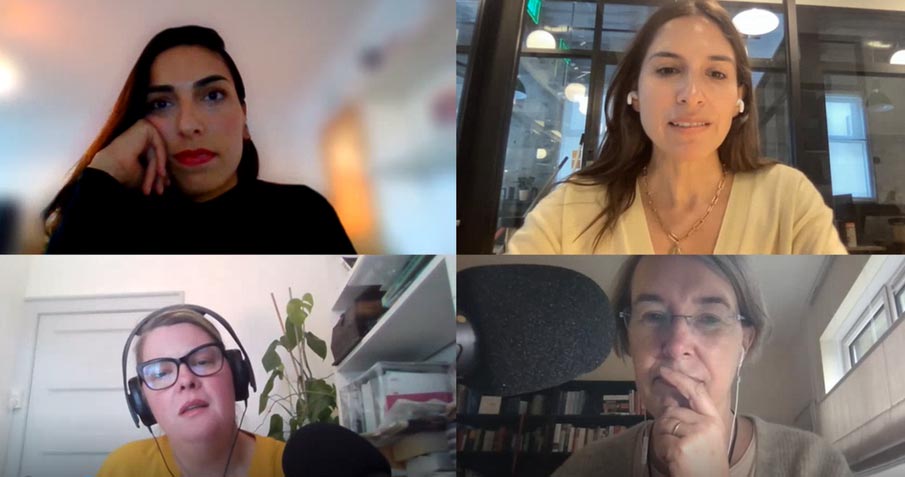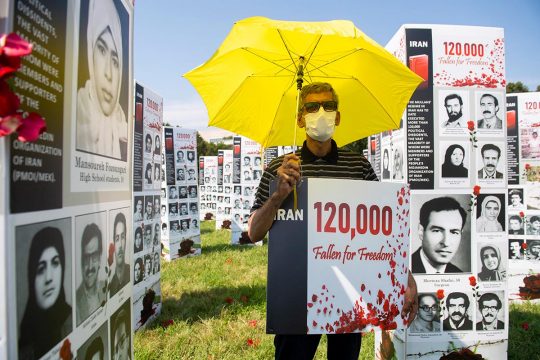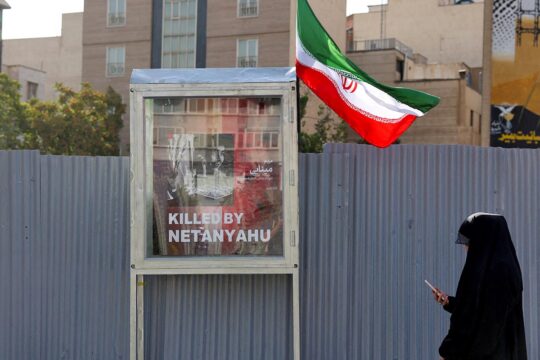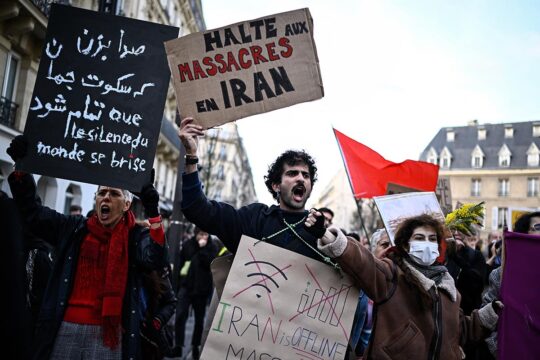To listen to the podcast, click on the "play" button below:
Our most faithful listeners will have by now realised that we are very interested in universal jurisdiction, since we have talked about it multiple times. This time we are going to dissect a very recent case which started being heard in Sweden in August.
An Iranian 60 year old citizen was apprehended in Stockholm in late 2019, and has now to defend himself from very heavy war crimes accusations. He allegedly took active part in the so-called 1988 Iranian massacre, when over 5000 political prisoners were summarily executed in the span of 3 months.
A trial of this kind, which could never take place in Iran under current conditions, has the potential of showing the way in prosecuting these kinds of crimes committed in the country, crimes which families still suffer the consequences from, having being denied closure for decades.
To discuss this case and its implications for citizens of Iran and members of its diaspora, we turned to Gissou Nia – Board Chair of the Iran Human Rights Documentation Center and Head of Strategic Litigation at the Atlantic Council – and Aida Samani – Legal Advisor to Civil Rights Defenders, an NGO based in Stockholm – who are both closely monitoring the trial.

 ASYMMETRICAL HAIRCUTS
ASYMMETRICAL HAIRCUTS
This podcast has been published as part of a partnership between JusticeInfo.net and Asymmetrical Haircuts, a podcast on international justice produced from The Hague by journalists Janet Anderson and Stephanie van den Berg, who retain full control and independence over the contents of the podcast.


![An Iranian activist stands in front of thousands of photos of people killed in Iran during the 1988 massacre of political prisoners and more recent anti-regime uprisings [September 2020, near the US Capitol in Washington DC]. © Saul Loeb / AFP Activist in front of thousands of photos of victims of the 1988 massacres in Iran](https://www.justiceinfo.net/wp-content/uploads/Iran-Sweden_1988-massacre-Washington-photo-exhibit_@Saul-Loeb-AFP-730x487.jpg)




